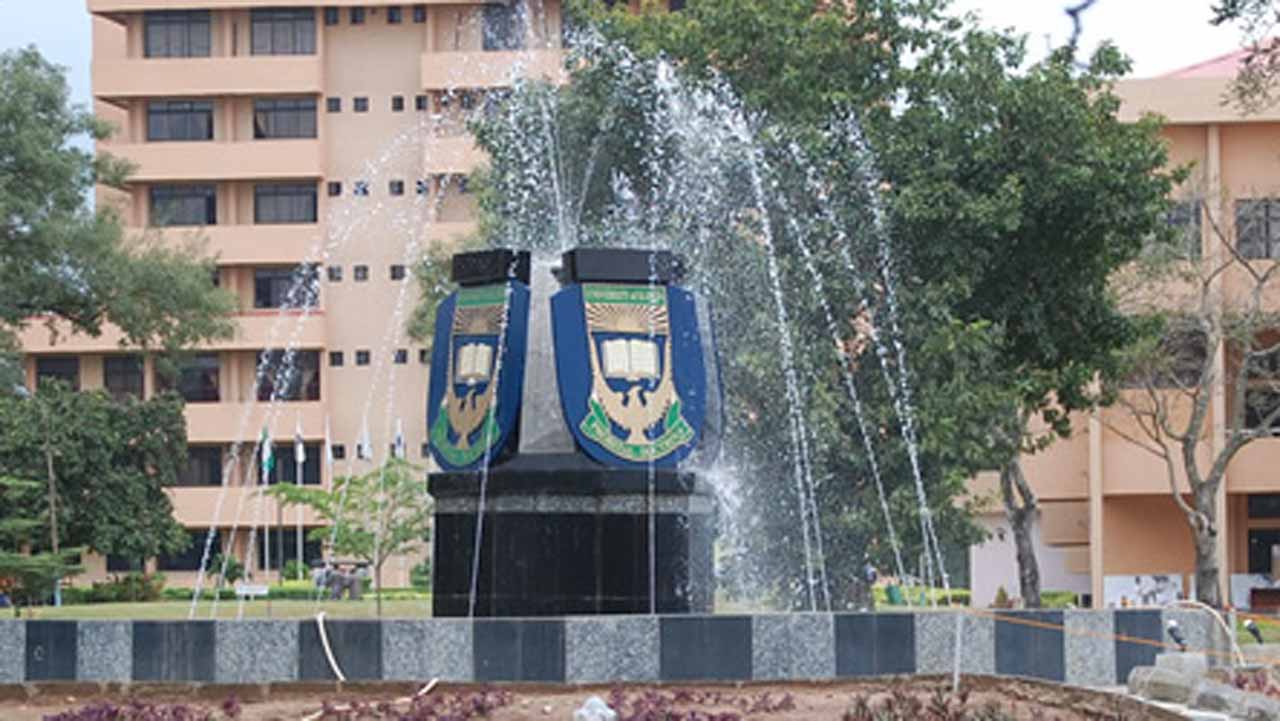Unilorin Professor Laments Nigeria's Annual 8.9 Metric Tons Agrifood Waste Generation

According to a news report from Voice of Nigeria, Professor Patricia Omojasola from the Department of Microbiology at the University of Ilorin, Kwara State, has lamented that Nigeria generates 8.9 metric tons of agrifood waste annually.
The academic revealed this in Ilorin during her paper presentation at the 261st Inaugural Lecture of the University, entitled “Micro-organism in the Service of Man.”
According to her, “large amount of wastes are generated every year from the processing of crops and animals. Agrifoods wastes represents the edible and inedible residual biogenic fractions of crops, animal commodities and products,” she said.
The don who teaches in the Faculty of Life Sciences of the University, postulated that these wastes are either converted to animal feed, burned or left to rot in heaps.
Environmental pollution
She observed that these wastes constitute a nuisance and a source of pollution to the environment.
Omojasola listed some of the common wastes to include cassava peel, rice, sorghum and wheat bran, corn corb, oil palm-fruit empty brunch and empty African mesquite pods among others.
She asserted that approximately 33.33 percent of food that is produced for utilisation is wasted and fritted away on a global level.
“This is estimated as a loss of 1.3 billion metric tons per annum. These includes 30 percent cereal, 20 percent dairy products, 35 percent seafoods and fish, 45 percent fruits and vegetables and 20 percent meat,” she said.
Preservation strategies
The expert stated that these wastes being rich in carbohydrates, protein, fats and minerals makes them suitable substrates via microbial-biotransformation for production of value-added products such as bioplastic, bio fertilizers, food additives, antioxidants, antibiotics, organics acids ans enzymes.
Omojasola recommended that metabolites produced by each wastes can be done at the sites of each wastes employing simple to operate bioreactors, adding that the product can then be pooled to supply bug industries.
She called on stakeholders collaboration across the food industry, academia and government on effective implementation of food preservation strategies.
Cloud Tag: What's trending
Click on a word/phrase to read more about it.
Mumini Ishola Hanafi Umar Adelodun Yetunde Balogun John Kehinde Salako March 28 Aliyu Muhammad Saifudeen Public Holiday Imodoye Writer’s Enclave Abubakar Baba Suleiman Idris Abraysports FC Islamic Development Bank Oko-Erin All Confederation Of Principals Of Secondary Schools Tunde Mukaila Mustapha Alagbado Lateef Fagbemi Special Agro-industrial Processing Zone Adamu Jemilat-Baki Allocation Ahmad Ali Kwara State Coalition Of Business And Professional Associations Coronavirus Sidikat Akaje Kazeem Oladepo Press Release Bola Olukoju Inside Kwara Student Learning Support Helpline Sunday Otokiti Saka Abimbola Isau CACOVID Adamu Attah Yusuf Ibitokun Sherifat Abubakar Aliagan Oke-Ogun Sardauna Rabiu Kwankwaso Odolaye Aremu Irepodun Saba Jibril Samuel Adaramola Aremu Odolaye Mary Arinde Kwha.gov.ng Savannah Centre For Diplomacy, Democracy And Development Bashirat Bola Bello Tunde Saad Sherif Sagaya Bayer Nigeria Limited A.E. Afolabi Ahmed \'Lateef Rafiu Ibrahim Abdullahi Samari Salihu Ajia Bello Bature Galadiman Ngeri Monthly Sanitation Exercise Razaq Atunwa Ella Supreme Tissue Paper Femi Agbaje Labaeka Vasolar-Kwara Company Ltd Omoniyi Ayinla Alabe Hassan Abdulazeez Elewu Temitope Ogunbanke Clement Yomi Adeboye Ahmad Uthman Ilesha-Gwanara Saliu Mustapha Tafida Of Ilorin Shururat Olatinwo Rebecca Olanrewaju Kawu S.O. Opowoye Offa Grammer School


